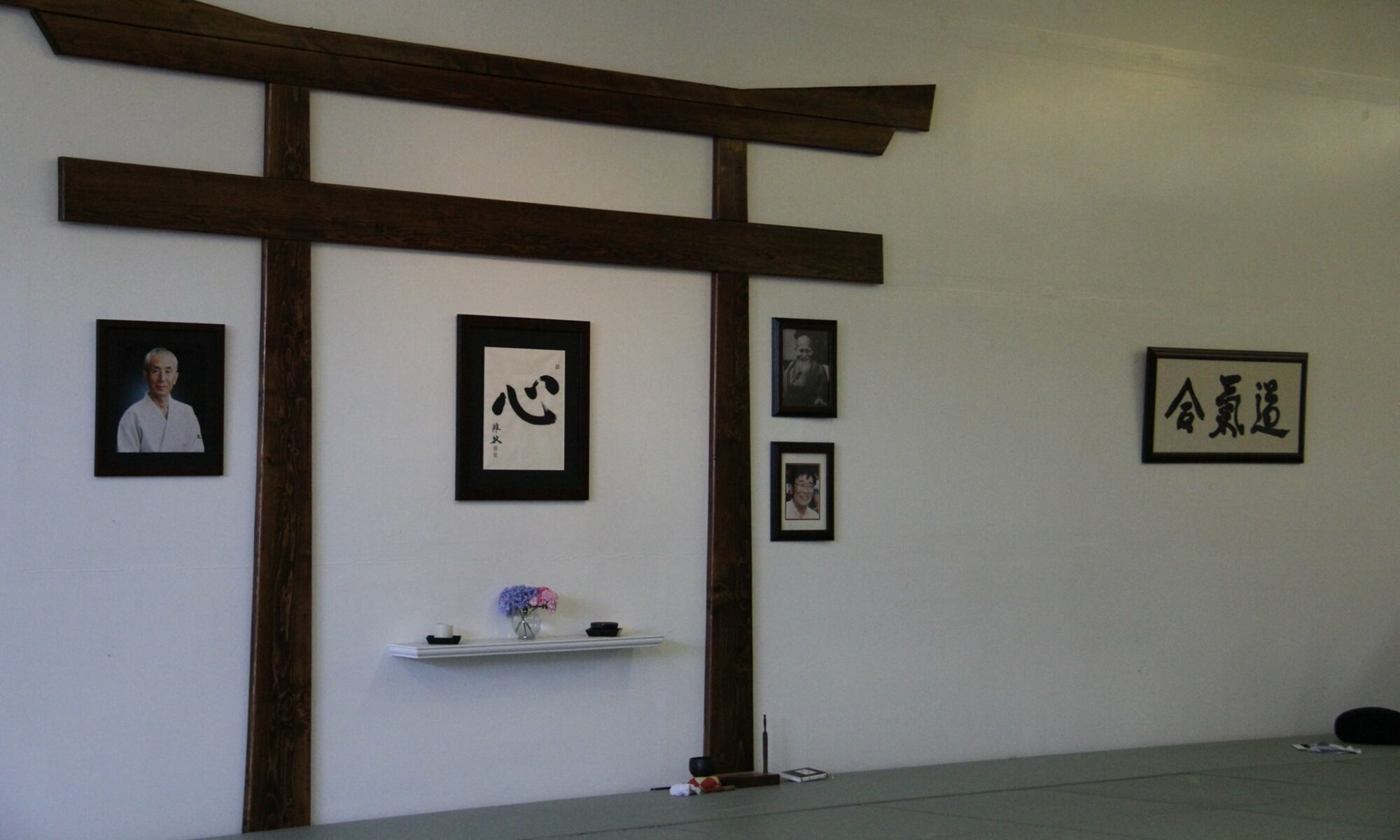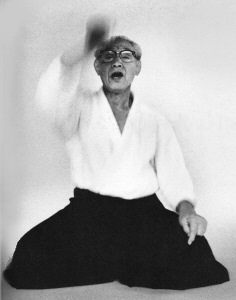As we approach the holidays, Aikido Olympia will have some extra spaciousness for spending time family and friends, and perhaps some introspection. During this time, we know that some of you will want to continue practicing in different ways and some of you may choose to invest in some reading time. Here are some tried and true suggestions.
#1 The Book of Five Rings or the “Go Rin No Sho” which was written in 1643 by the famed swordsman Miyamoto Musashi. This book focuses on strategy in martial arts but provides strategies that apply to many aspects of life.
#2 The Art of War. This book is attributed to the ancient Chinese military strategist Sun Tzu and was written in about 500 BC. In this text the author (or probably authors) provide a number of concepts worthy of contemplation for both martial practices and life in general.
#3 The Unfettered Mind. Perhaps you’ve heard of the daikon radish? Well, Takuan Soho, the same Zen monk that developed that radish also wrote a foundational martial arts text in about 1630. This book focuses on the cultivation of the mind and intention.
#4 The Life Giving Sword. Right above, the work of Takuan Soho is recommended. In fact, that book is the result of Master Takuan’s relationship with Yagu Munenori, the author of The Life Giving Sword. Yagu Munenori comes up in class on a not infrequent basis because it provides insight into the 500 year old process of turning people into complete human beings through martial practice.
A web search conducted prior to writing this article resulted in several lists of essential martial arts books. Many of them are focused on books about techniques or styles. This list focuses on books that shaped the martial arts themselves and influenced martial artists for hundreds of years. There are several different translations available for each of these books and each one contains some of the author’s bias. The key for Aikidoka to get the most from these books is to consider the material in the context of our practices – living in harmony with the energy of the universe.
With any recommended reading list, people will have different thoughts. This is expected, as is some discussion at the dojo about these books and others (and there are so many others that could be considered essential reading for martial artists). Additionally, if you’re looking for perhaps more specific reading ideas or possibly some lighter reading material, don’t hesitate to ask.
By Nate Weed



